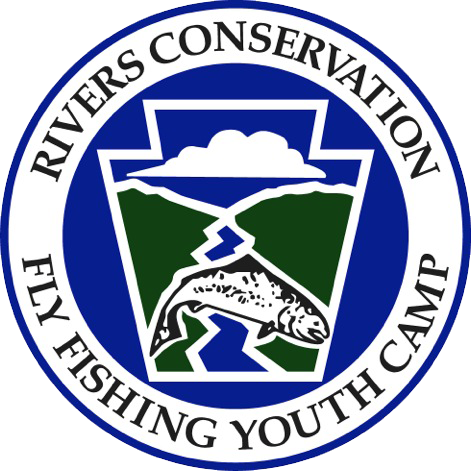The purpose of the camp is to educate students in the importance of coldwater conservation. It is important for them to recognize the importance of clean water and how it relates to everyday living. The curriculum has been structured to provide the foundation for that education.
Classes include principles of ecology, hydrogeology, wetlands, trout stream entomology, aquatic invertebrates, hydrology, watersheds, the biology of pollution, trout behavior, reptiles and amphibians, acid deposition, the politics of conservation, and the effects of humans on the Chesapeake Bay.
Instructors lead streamside programs to collect aquatic invertebrates, review angling history, electro fishing, and conducting field identification of riparian corridors. Sessions include casting, knot tying, fly tying, and advanced fishing. The Camp provides a balance of instructional material and hands-on learning.
The students will also have the opportunity to participate in a conservation project to repair habitat in a stream. This project is designed for the students to complete while they are at camp, so that they can observe firsthand the effects of their efforts.
The curriculum continues to evolve from year to year and the schedule is always subject to change. For a typical schedule, click HERE.


